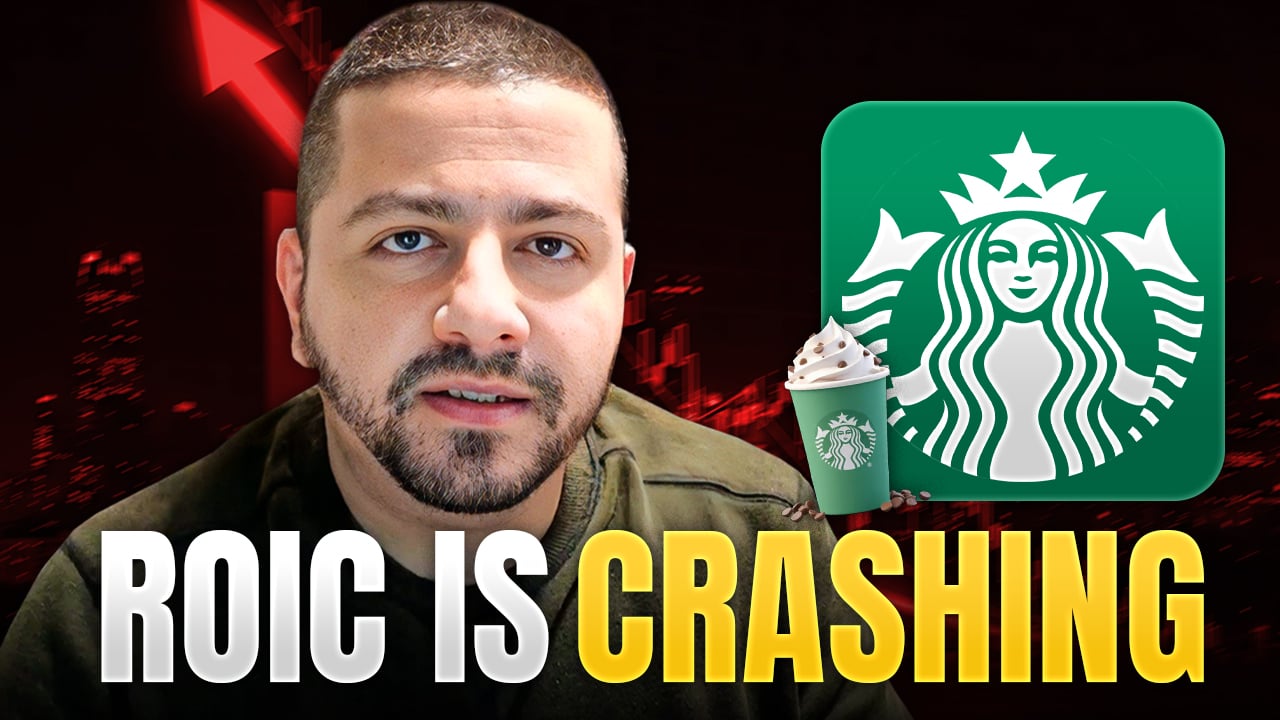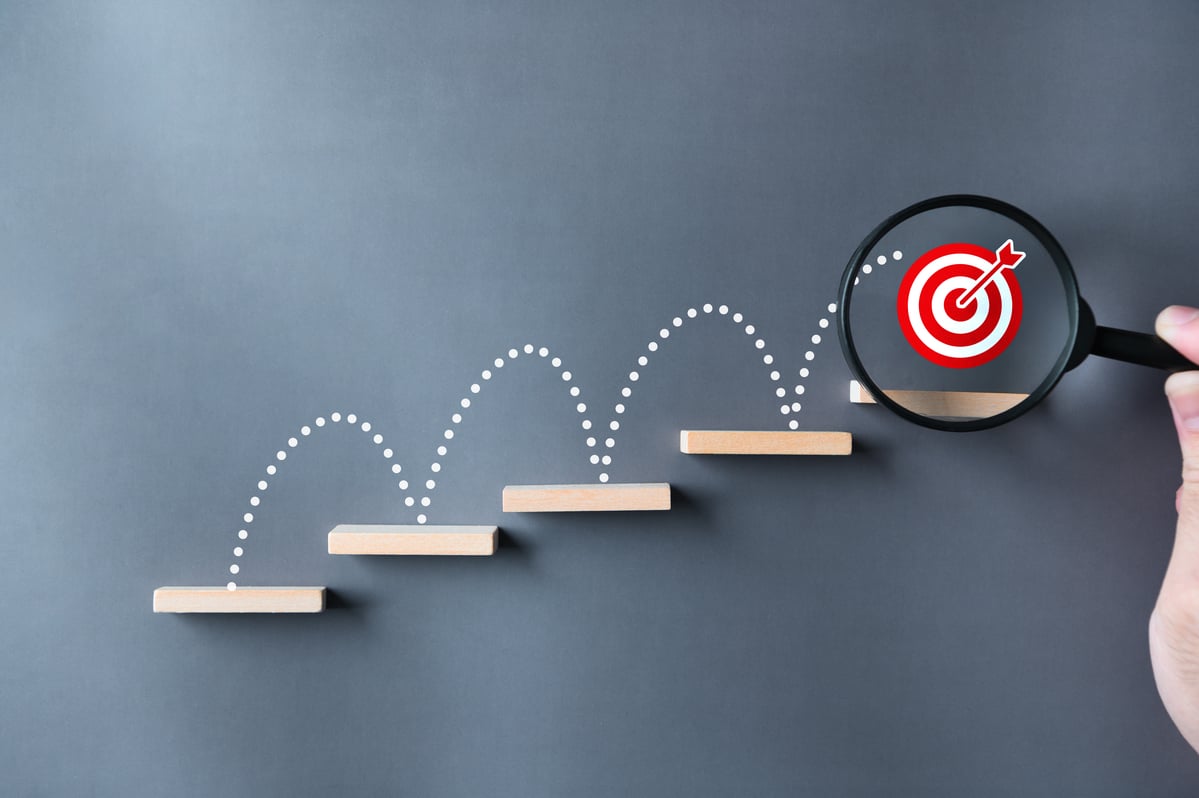If you thought the price of a cup of coffee couldn't get any higher, think again. Starbucks (SBUX +0.90%) now offers a $7 cup of joe from its exclusive "reserve line" of coffees. With the fast-approaching fiscal cliff and worldwide economic turmoil, it's hard to believe anyone would cough up $7 for a caffeinated beverage. However, this is a testament to Starbucks' pricing power.
The price is right
As one of the most recognizable brands on the planet, Starbucks is able to name its price and consumers come flocking. So how does Starbucks justify the hefty price tag? According to a company spokesperson, it has to do with rarity, demand, and the price of green coffee beans. Because Starbucks' reserve coffees are only available for limited times at select Starbucks locations, the demand is high.
However, this rich approach to coffee retailing has gained the attention of restaurant brands such as McDonald's (MCD 0.51%) and Panera Bread (PNRA +0.00%). Both of these fast-food chains now offer frozen coffee products at lower prices. In fact, selling premium java blends at prices cheaper than those at Starbucks helped McDonald's amass an estimated $2 billion in coffee sales last year.
Mickey D's now has more than 1,500 McCafe locations worldwide. Yet Starbucks remains focused on a higher-end market, despite increased competition in the space. More than this, Starbucks' success can be credited to the company's ability to expand beyond its core coffee business. Today, Starbucks' portfolio of brands spans everything from energy drinks and fresh juices to single-serve pods for use in its new Verismo brewer.
Even with this multichannel approach, Starbucks remains the dominant player in the premium coffee market. According to one survey, the average American will spend more than $1,100 on coffee this year. For many java drinkers, my Cuban mother-in-law included, the figure is probably close to double that amount. I'm more of a tea drinker, but not to worry: Starbucks has that market cornered as well.
Tea time
Earlier this month the coffee giant said it would buy tea retailer Teavana (NYSE: TEA) in an all-cash deal valued at $620 million. The acquisition gives Starbucks an entry point into the more than $95 billion global tea segment. But the move isn't out of character for Starbucks, which in 1999 dished out $8.1 million to buy Tazo tea. With the help of the Starbucks trademark, Tazo carefully transformed into the billion-dollar brand we know today.
Not unlike its premium coffee blends, Tazo tea isn't cheap. At a Starbucks here in D.C., a large cup of warm Tazo tea costs $2.57, while a large iced Tazo tea will run you $2.78 a cup. To put this in perspective, McDonald's charges a dollar for its largest iced tea. Nonetheless, consumers who are loyal to the Starbucks brand are willing to pay this premium. So much so, in fact, that Starbucks opened its first stand-alone Tazo tea store earlier this month.
The new tea concept store is located in Seattle's University Village and encompasses 1,700 square feet of retail space. While the Tazo store strategy is more focused on selling premium loose-leaf tea for at-home brewing, a selection of freshly prepared iced tea and tea lattes are available at a small tea-barista bar at the back of the store.
The concept is part of a larger effort by Starbucks to grow its distribution beyond grocers and traditional Starbucks locations. As for its newly minted Teavana business, Starbucks plans to leverage its current distribution network in order to extend Teavana's reach into the consumer packaged-goods segment. This is an approach that has worked well for the company in the past.
Starbucks' consumer packaged-goods business has doubled in the past two years, and I suspect growth in this sector will continue as the company's products begin to reach more grocery stores around the world.
Good to the last drop
All things considered, the company's push into the tea market and reserve coffee offerings should help accelerate sales growth down the road. One thing is certain: People will continue to shell out their hard-earned cash for that morning jolt even as Starbucks subtly raises prices.
That's why as an investor, and a tea drinker, I'm long Starbucks. But there's also something to be said about the competition, namely McDonald's.







